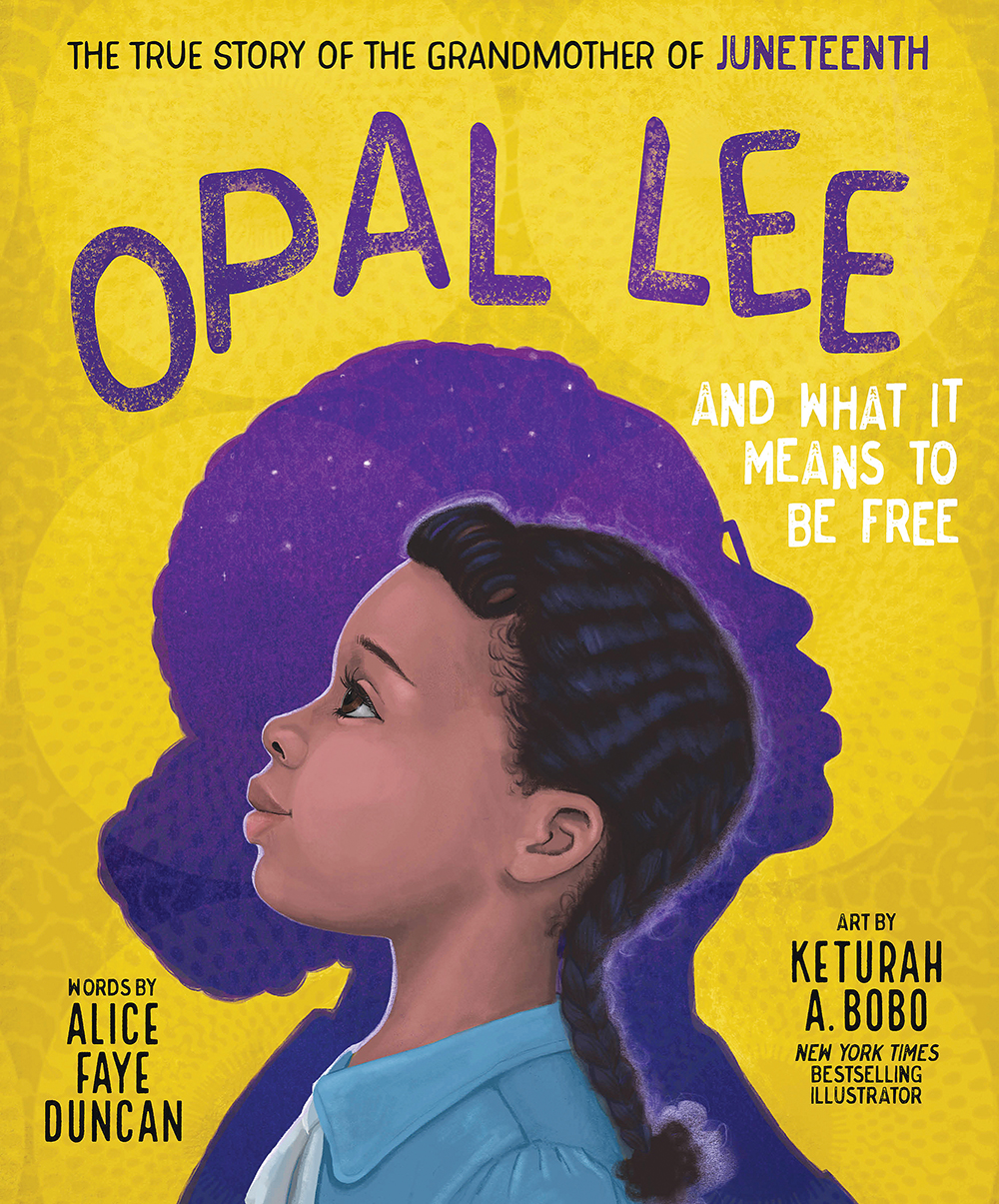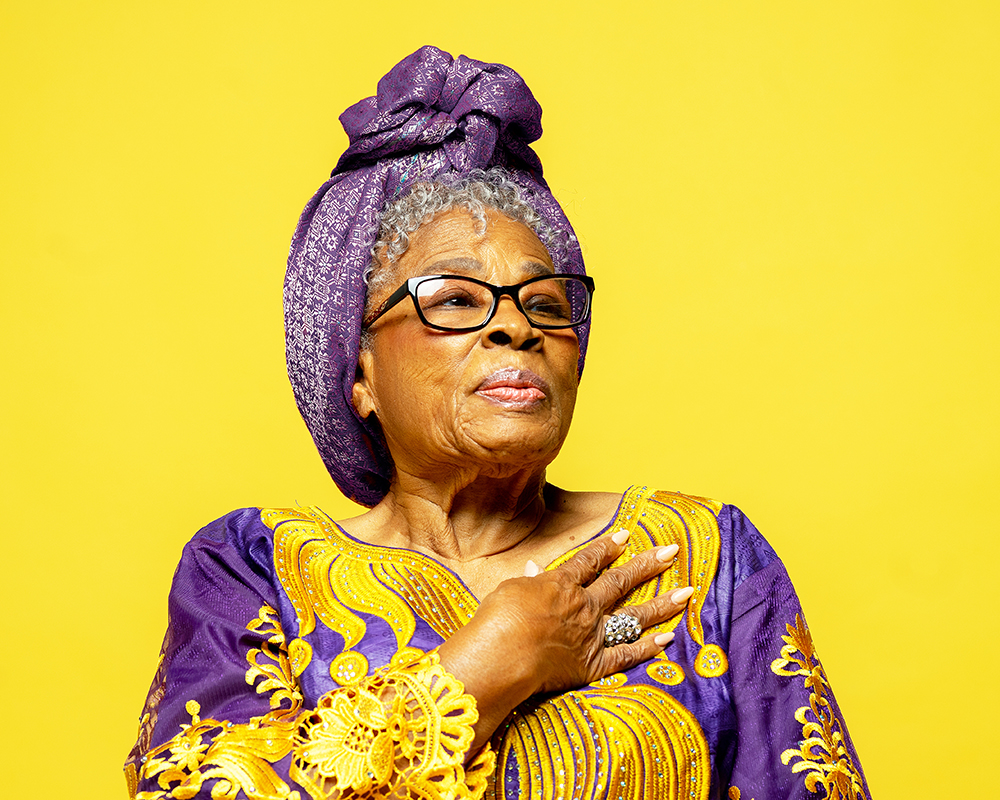There are lessons to learn from Grandmother Opal Lee. With her silver crown of curls, she is a Black Texas Rose endowed with vision and courage at the age of 97. From 2016 to 2021, Grandmother Opal traveled countless times from her Fort Worth home to Washington, D.C. Her mission was to encourage politicians to make Juneteenth a national holiday. Grandmother Opal also led annual walks across America’s highways, collecting almost two million signatures for her Juneteenth petition. She waged a tireless pursuit in her ubiquitous canvas sneakers.
Dreams do come true. President Biden signed a law making June 19th a federal holiday in 2021. Juneteenth, as it is called, commemorates June 19, 1865, when Union soldiers brought the news of freedom to the enslaved in Texas, two years and six months after the signing of the Emancipation Proclamation.
The 13th Amendment abolished Black servitude. However, Juneteenth is the touchstone that represents the end of slavery in the collective American mind. People around the globe call Opal Lee the “Grandmother of Juneteenth.” On May 3rd of this year, President Biden awarded her the Presidential Medal of Freedom, as she is a symbol of dignity, goodwill, and liberation. The medal is the nation’s highest civilian honor.

I went on a journey to write Opal Lee’s picture book biography for children during the summer of 2020 after the George Floyd murder. We had a lively conversation in December of that year. When our talk ended, I understood with clarity why Juneteenth is a celebration for every American. It is not a “Black holiday.” It is an American holiday. And to that point, here are five lessons that I learned from Opal Lee — the esteemed Grandmother of Juneteenth.
Grandmother Opal said, “Juneteenth is a time for reflection.” Just as for Black Texas families in 1866 at the first Juneteenth anniversary in Galveston, the day remains an occasion to remember our collective past and express gratitude for the tribulations survived. It is also a time to honor Black history-makers and freedom fighters, whose courage paved a road to this present day. When speaking of roots, Grandmother Opal said it was her maternal grandfather who gave her a love for history and the preservation of family ties. His name was Zack Broadous. Born in 1871, he was a Texarkana farmer, landowner, and preacher. Juneteenth is a time we can all reflect on our specific ancestors who believed in the liberation of the mind, body, and spirit.
Beyond ancestral meditations, Grandmother Opal acknowledged the loud rejoicing that surely rang across Texas in 1865 after Black generations had survived more than 200 years on the auction block. As the holiday inspires images of such overwhelming joy, Opal Lee taught me a second lesson. She said, “Juneteenth is a day of music and praise.” Since Glynn Johns Reed’s inaugural Memphis Juneteenth celebration in 1993, each year the Memphis Douglass Park is found teeming with African drumming, local bands, and gospel singers who make the Juneteenth holiday a jubilant Memphis affair. There is no Juneteenth celebration without music. And as I spoke with Opal Lee about Memphis music and our Juneteenth traditions, she quipped, “Twerking is for young people. I do the holy dance!”
During our talk, I asked about food traditions. Grandmother Opal replied, “Juneteenth is a jamboree of feasting and fellowship.” From the first Juneteenth celebration in Galveston until now, many Juneteenth hosts prepare vibrant red foods that Black Americans were denied during servitude. Juneteenth guests might feast on tangy ribs, strawberry pie, and Big Red Soda that is bottled in Waco, Texas. In this new age with various dietary options, Juneteenth tables are also decked in vegan and vegetarian victuals, fancy tarts, and craft mocktails.
When questioned about her ability to form coalitions toward making Juneteenth a national holiday, Grandmother Opal said a wise elder gave her an example in building friendships beyond her neighborhood. That mentor was the late Lenora Rolla, a historian who founded the Tarrant County Black Historical & Genealogical Society. As we spoke about the impact of mentorships, Opal Lee served me a fourth lesson. She said, “Juneteenth is a time for listening to the elders.” Wherever she travels, Grandmother Opal welcomes children. She speaks with them and reads to them in schools, at public libraries, and at Juneteenth celebrations. “If we want the world to survive, healthy and whole,” she said, “we must take time for children. Listen to them.”
I asked one last question. What do people misunderstand about the Juneteenth holiday? Opal Lee taught me a fifth lesson: “No matter who you are, Juneteenth is a unifier that represents freedom.”
These final words served as my guidepost. Immediately, I knew what I would write for children about Opal Lee and the Juneteenth holiday. Hear me with your heart: Juneteenth is bigger than Texas, singing, or dancing bands. Juneteenth is freedom rising, and freedom is for everyone. Juneteenth is for you and me!
Alice Faye Duncan is a Memphis teacher who writes for children. Her Juneteenth book, Opal Lee and What It Means to Be Free, has sold 95,000 copies since 2022. Her new barnyard blues story, I Gotta Sing, is available now wherever books are sold. She can be reached at alicefayeduncan.com.
